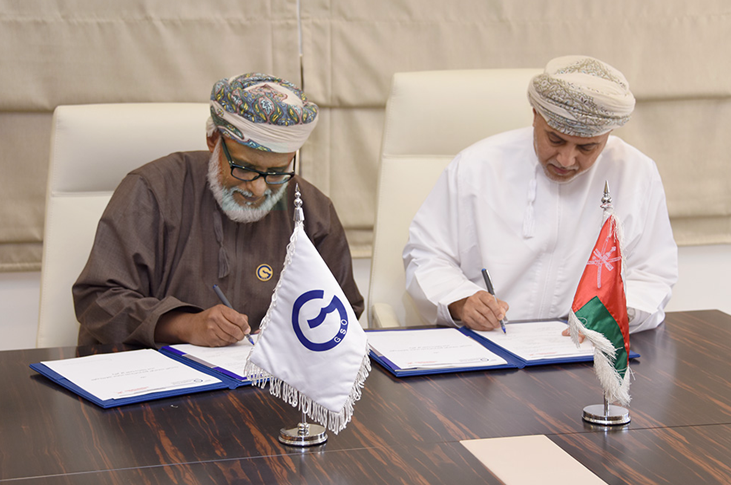Introduction
Navigating the intricate landscape of international trade requires meticulous attention to diverse certification requirements. For businesses eyeing the Nigerian market, one crucial credential is the Standards Organization of Nigeria Conformity Assessment Program (SONCAP) certification. Understanding its significance is paramount for a smooth and successful export operation.
SONCAP Certification: An Overview
The SONCAP program is Nigeria’s response to the global call for conformity assessment to ensure that imported products meet the country’s safety and quality standards. It is administered by the Standards Organization of Nigeria (SON), the apex standardization body in the country.
Importance of SONCAP Certification
Regulatory Compliance: Nigeria, like many other countries, enforces stringent standards to protect consumers and the environment. SONCAP certification is a testimony that your products adhere to these standards.
Market Access: Non-compliance can result in the seizure of goods at the port, leading to financial losses and tarnishing the reputation of the exporting company. SONCAP certification, therefore, is not just a regulatory requirement but a key to accessing the Nigerian market.
Consumer Confidence: Nigerian consumers are becoming increasingly discerning. A product bearing the SONCAP mark signifies quality and safety, enhancing consumer trust and confidence.
How to Obtain SONCAP Certification
Navigating the SONCAP certification process involves adherence to specific procedures:
Product Registration: Begin by registering the product with SON. This involves providing detailed information about the product and its specifications.
Laboratory Testing: Products undergo thorough testing in accredited laboratories to ensure they meet Nigerian standards.
Documentation: Prepare the necessary documentation, including a Proforma Invoice, a Certificate of Incorporation, and other product-specific documents.
Physical Inspection: SON conducts physical inspections to verify the information provided and assess the product’s conformity.
Issuance of SONCAP Certificate: Upon successful completion of the process, the SONCAP certificate is issued, allowing the products to be exported to Nigeria.
Advantages of SONCAP Certification
Avoidance of Penalties: Non-compliance can lead to hefty penalties and the rejection of goods. SONCAP certification mitigates these risks.
Market Expansion: Having the SONCAP mark opens doors to the vast Nigerian market, providing a competitive edge over non-compliant products.
Consumer Preference: Nigerian consumers increasingly prefer products that bear the SONCAP mark, viewing it as a symbol of quality.
Challenges of SONCAP Certification
Complex Process: The certification process can be complex and time-consuming, requiring a thorough understanding of Nigerian regulations.
Cost Implications: Obtaining SONCAP certification involves costs related to testing, inspection, and documentation, which can be a challenge for some businesses.
Conclusion
In the realm of international trade, SONCAP certification is not just a bureaucratic formality; it is a gateway to the Nigerian market. By ensuring regulatory compliance, fostering consumer confidence, and providing a competitive advantage, SONCAP certification is an indispensable tool for businesses looking to export to Nigeria. Navigating the challenges and investing in this certification can yield long-term benefits and contribute to the success of export ventures in this dynamic African market.














